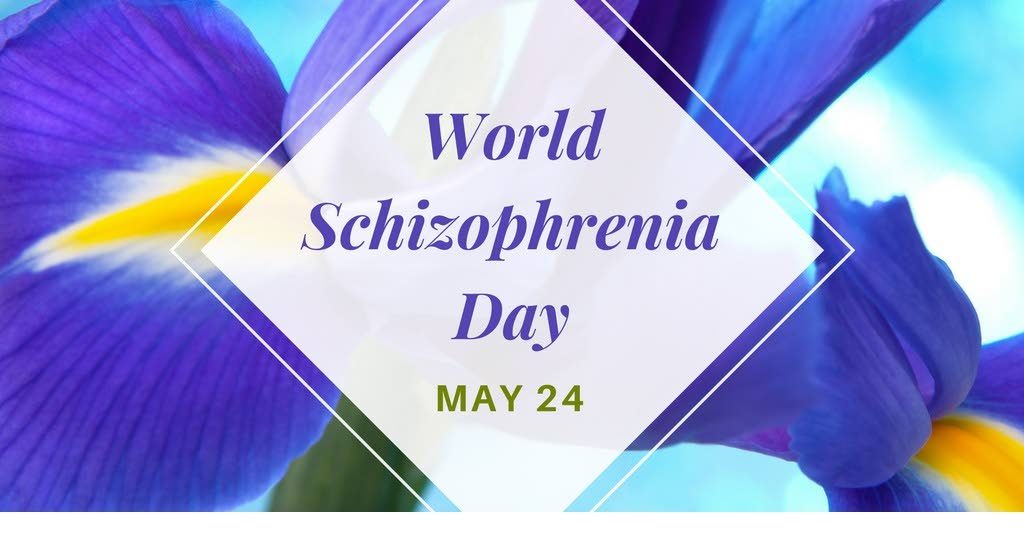Schizophrenia disorder high in TT

DR TESSA ROBERTS
May 24 marks World Schizophrenia Day, which aims to raise awareness about schizophrenia and reduce stigma towards people affected by this mental disorder. A team of researchers at King’s College London and the University of the West Indies have recently done research in Trinidad on schizophrenia and other psychotic disorders, and are now conducting a large-scale research programme to follow up on these findings, which were found to be high in Trinidad. A large-scale international project is now investigating risk factors and health needs associated with the disorder.
The majority of research on schizophrenia and other psychotic disorders has been conducted in North America, Western Europe or Australia, leaving us with little accurate information about these conditions in the rest of the world.
Psychotic disorders are conditions in which people experience symptoms such as hallucinations (seeing or hearing things that are not there) and false thoughts or beliefs (delusions). These disorders usually begin at a young age, when people are in their 20s, and can cause long-term distress and disability, but recovery is possible, said a media release.
Researchers at the University of the West Indies and King’s College London, in the UK, are trying to address the imbalance in mental health research by generating robust evidence on psychotic disorders such as schizophrenia in Trinidad through a high-profile international study. This study is funded by the UK Medical Research Council, and is led by Prof Gerard Hutchinson in TT and Prof Craig Morgan in London, in collaboration with international partners at the University of Ibadan in Nigeria and the Schizophrenia Research Foundation in India.
Their latest study revealed that rates of psychotic disorders such as schizophrenia in Trinidad were higher than expected based on previous international research (26.5 per 100,000 person-years, which was similar to Nigeria but higher than in India).
This constitutes the most up-to-date information on how common psychosis is locally, which is essential for evidence-based policy and service-planning to address these conditions. Now, the same researchers aim to uncover the risk factors that lead to psychosis in Trinidad and explore the health needs of people suffering this disorder in order to develop better services and public health strategies. This novel study, called Intrepid II (INTernational REsearch Programme on Psychoses In Diverse settings), will also be conducted in sites in India and Nigeria, making it not only one of the largest studies of its kind, but also ground-breaking in its intention to understand psychosis on a global scale.
The Intrepid II research team is now investigating potential risk factors for psychosis, such as childhood trauma and cannabis use, as well as aiming to understand how the condition affects people's lives, which factors support recovery, and the physical health needs of people with psychosis.
Hutchinson said in the release: "Psychotic illnesses like schizophrenia disrupt life perhaps like no other illness, and understanding the way it develops and impacts on individuals and families is critical for the design of effective interventions.”
With one year of data collection recently completed, the first results from Intrepid II will be released in "summer" 2020, taking one step closer to a truly global understanding of schizophrenia and other psychoses.
For more info on the findings from the original Intrepid study here: https://www.cambridge.org/core/journals/psychological-medicine/article/incidence-of-psychoses-in-diverse-settings-intrepid-2-a-feasibility-study-in-india-nigeria-andtrinidad/EB2768CDC8020E1E07BC5BC2D169FC0E
Find out more about Intrepid II here: https://www.intrepidresearch.org/; https://twitter.com/INTREPID_psych
Read Intrepid II’s most recent newsletter here: https://www.intrepidresearch.org/publicity.html
Tessa Roberts, PhD is a research associate INTREPID II

Comments
"Schizophrenia disorder high in TT"